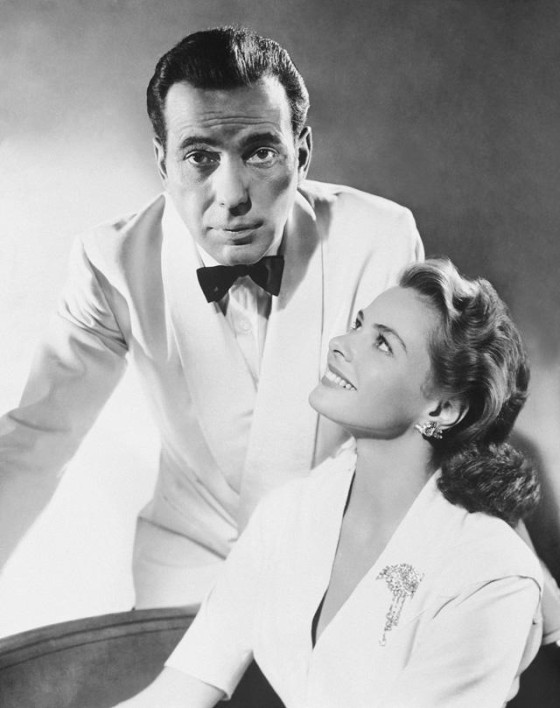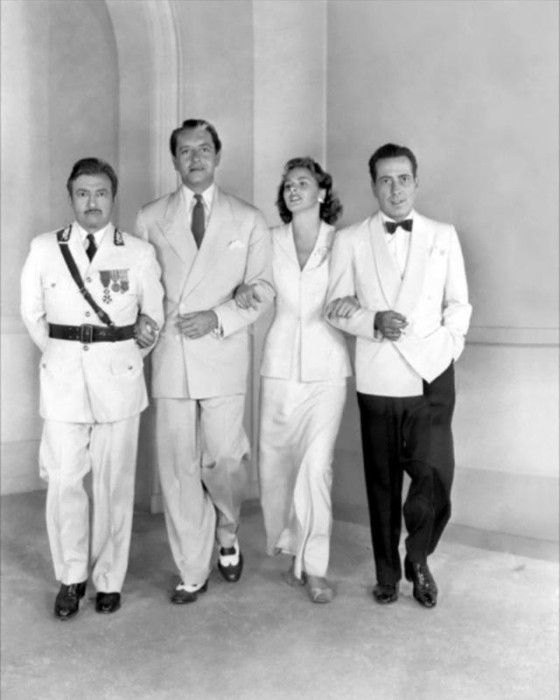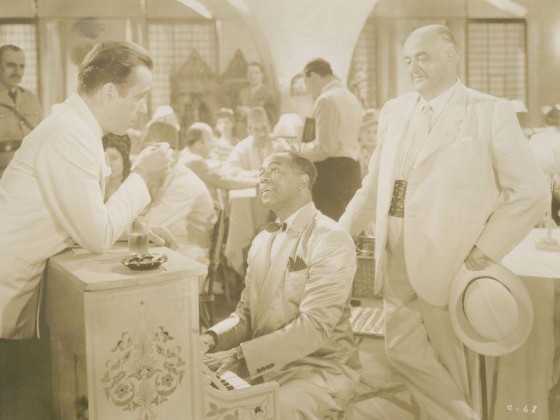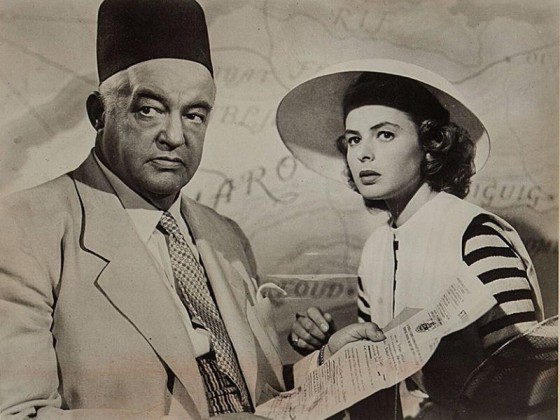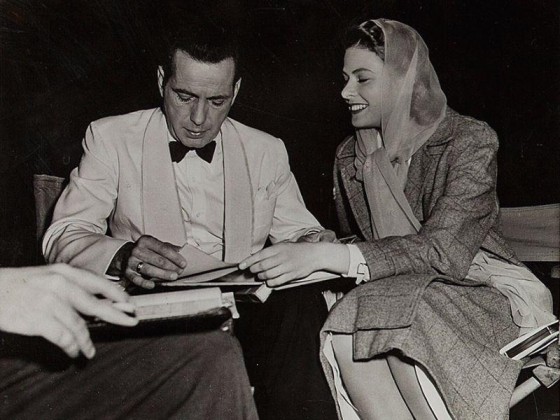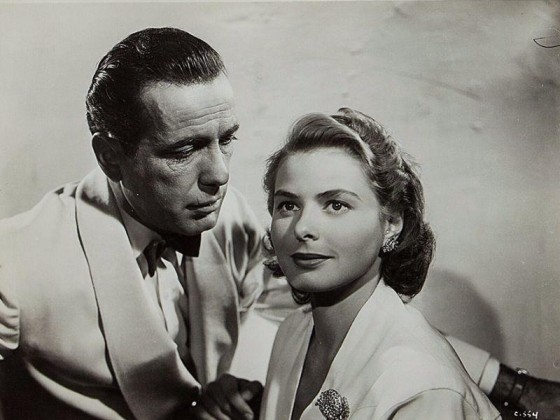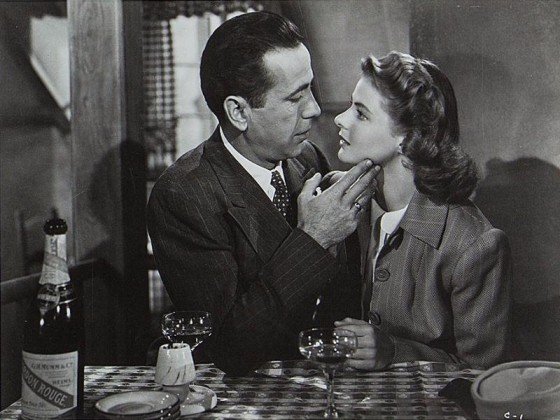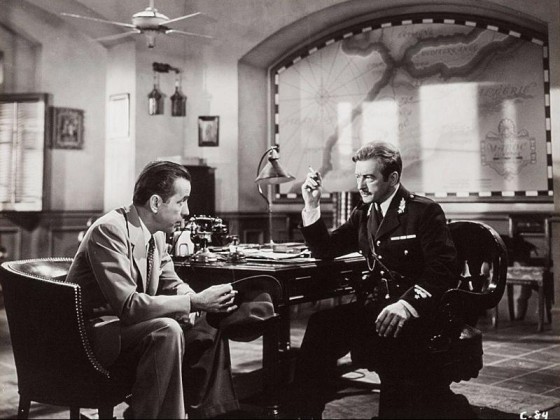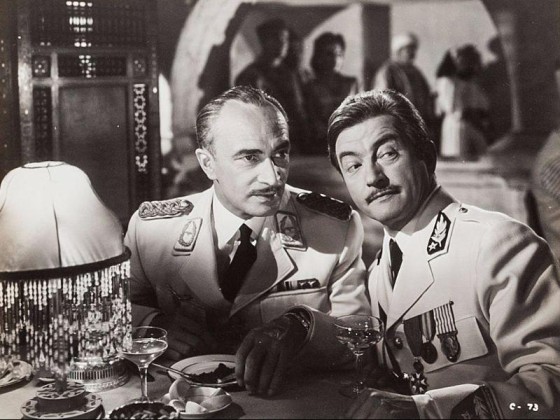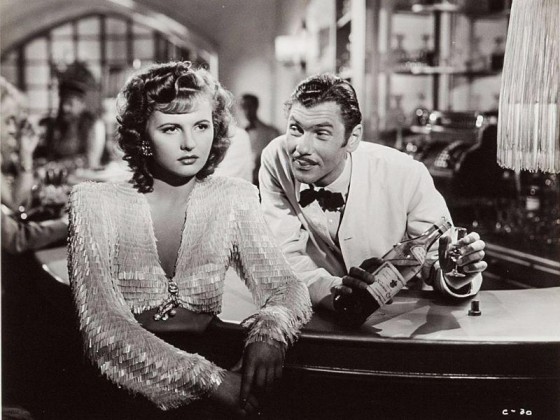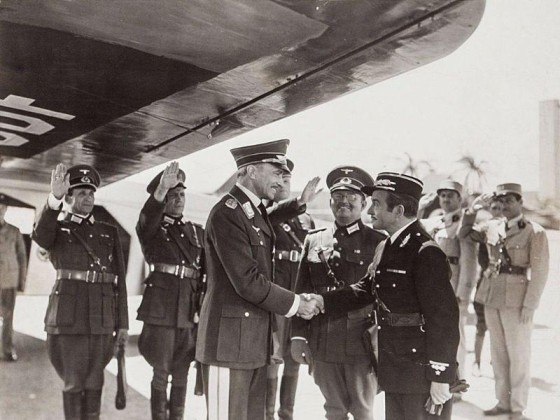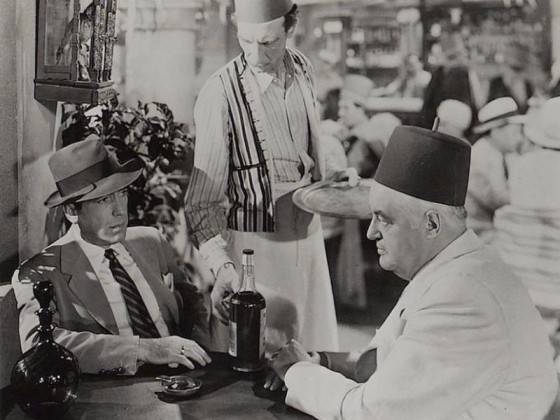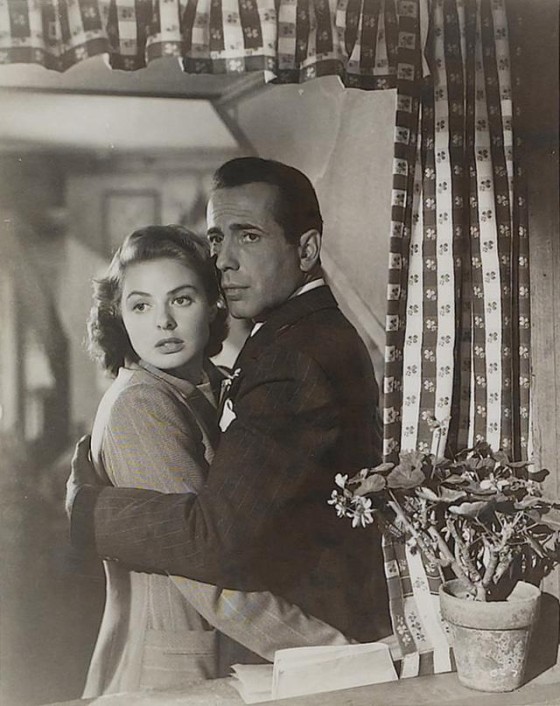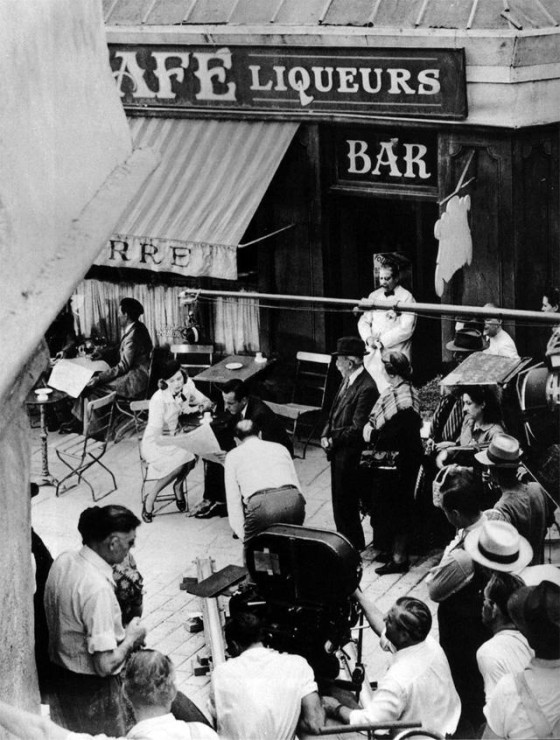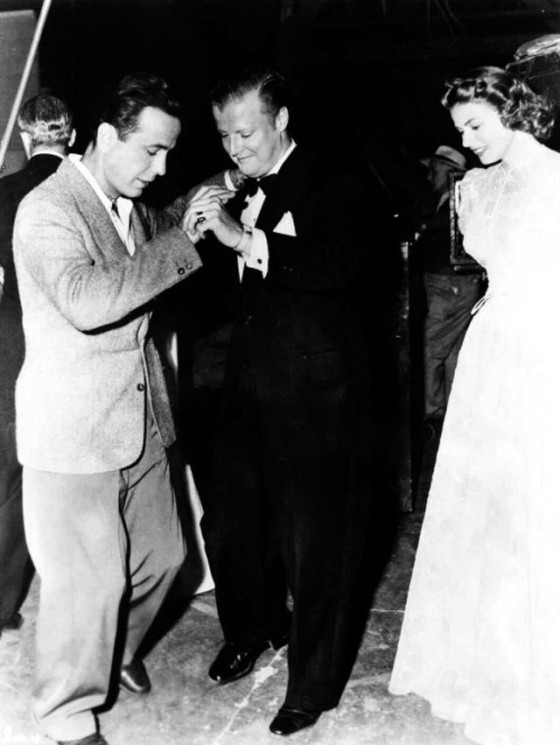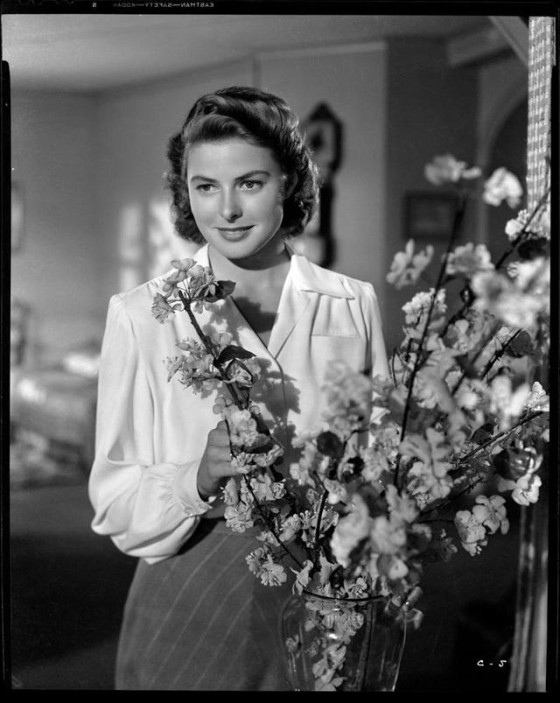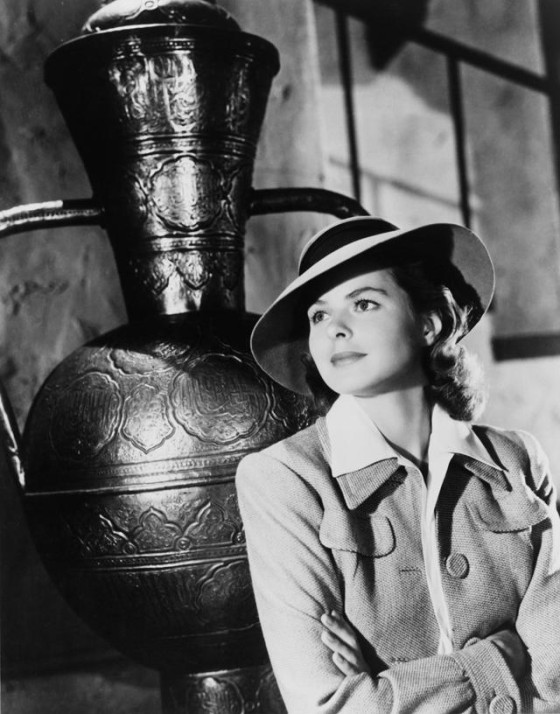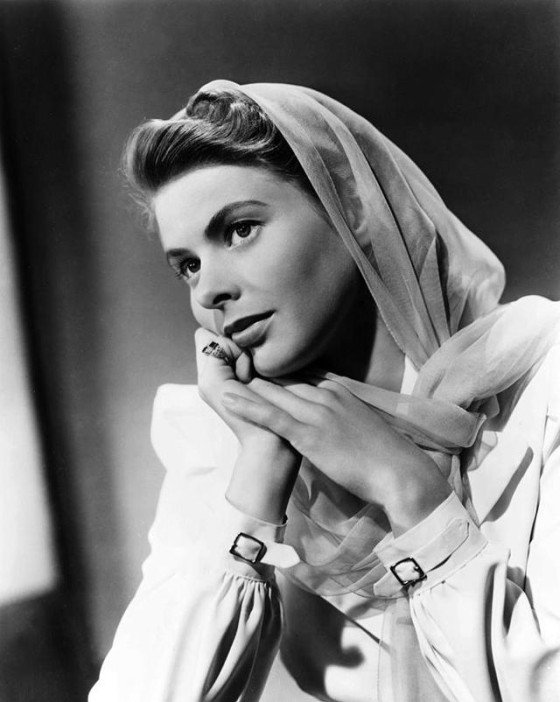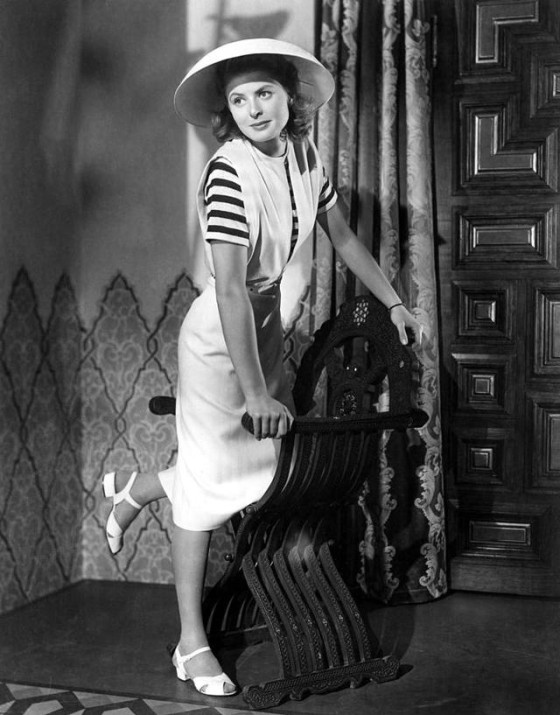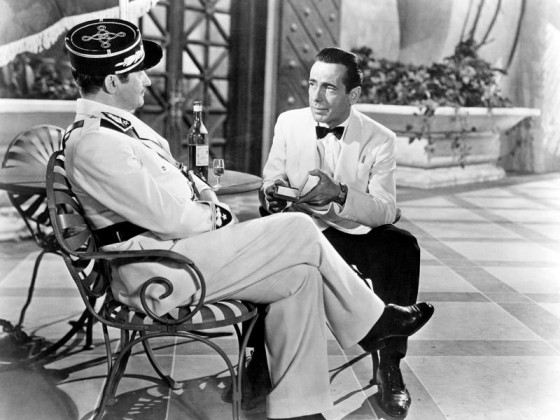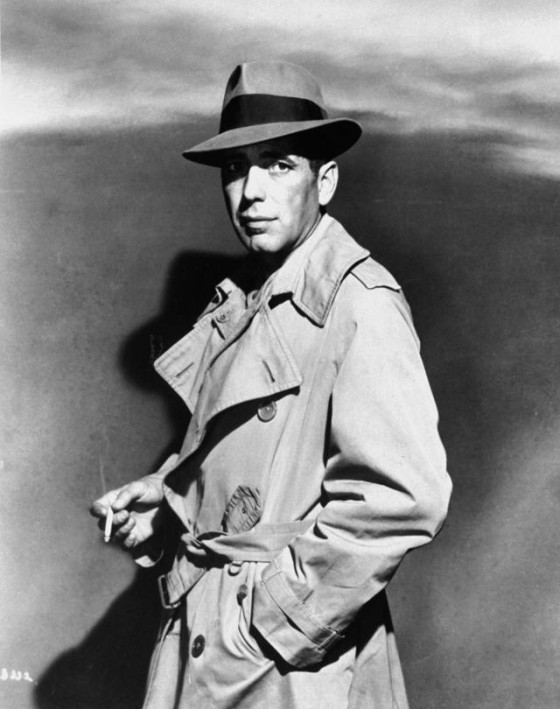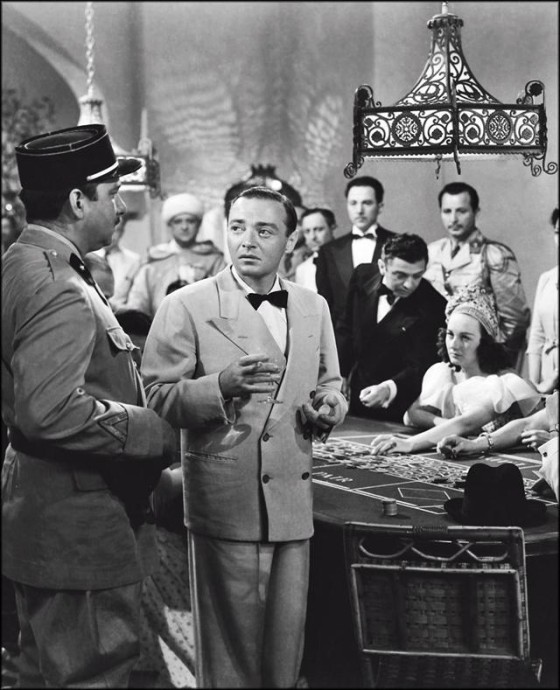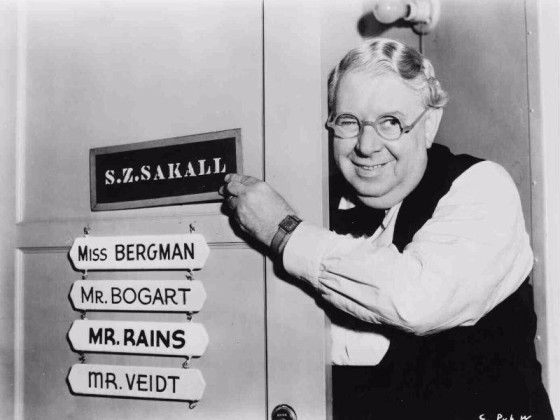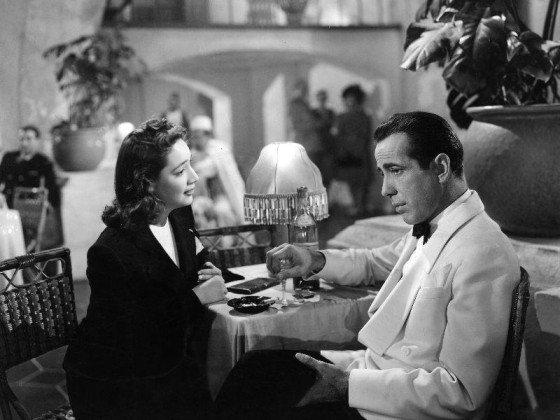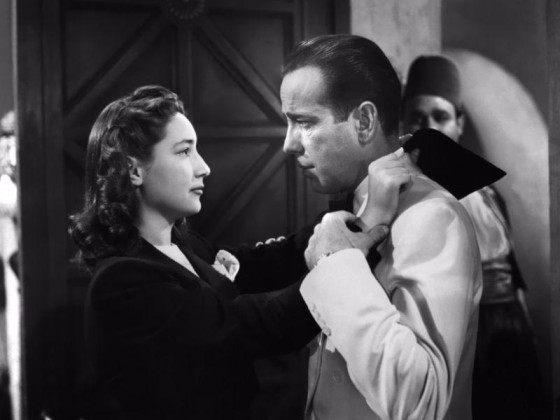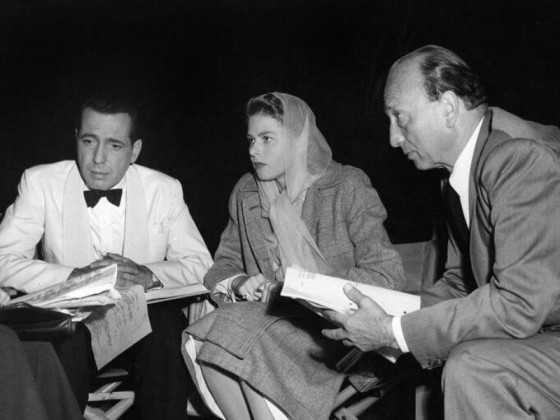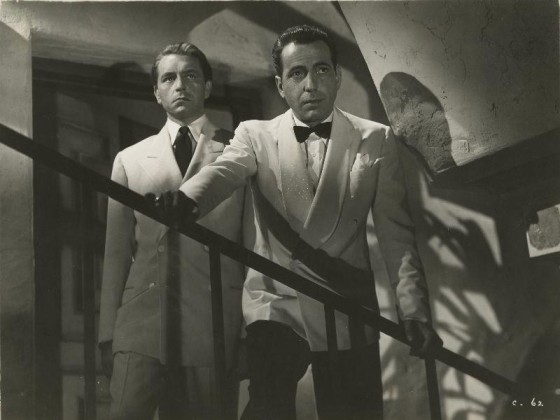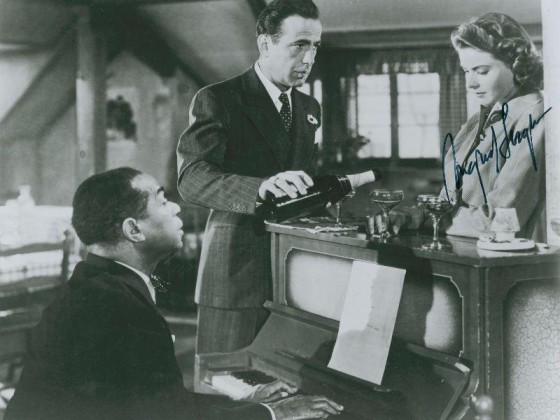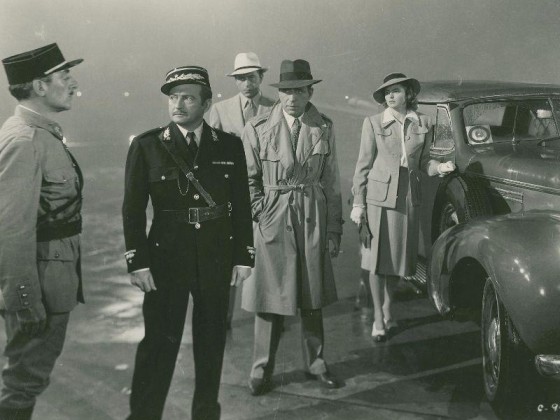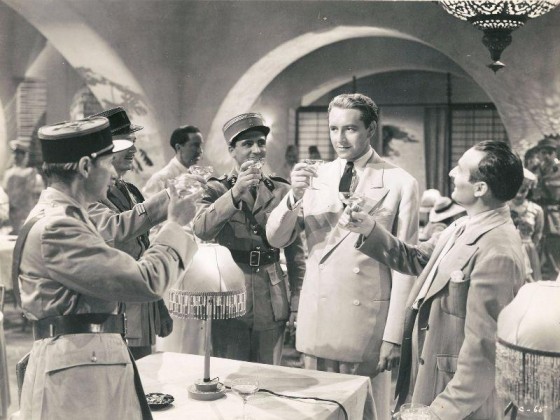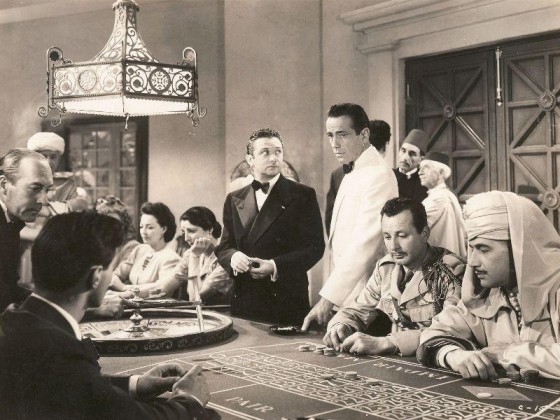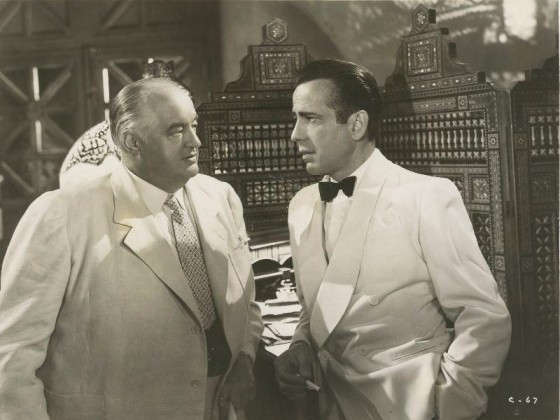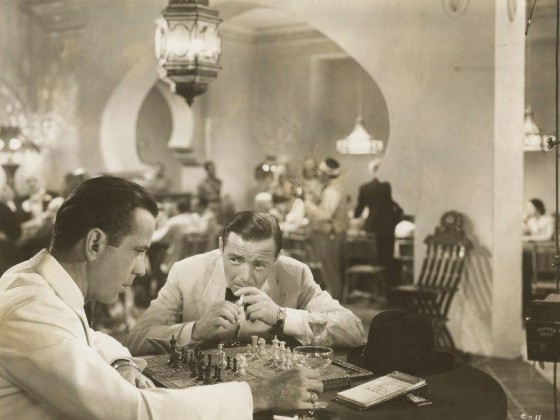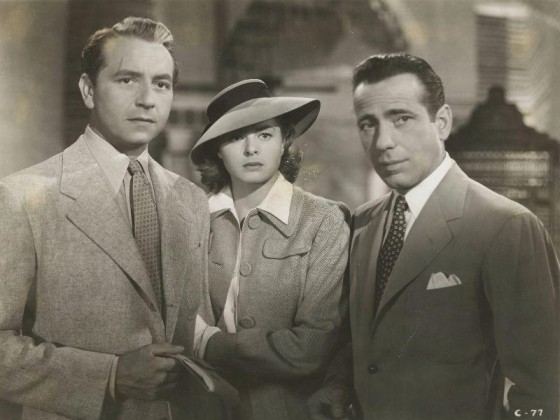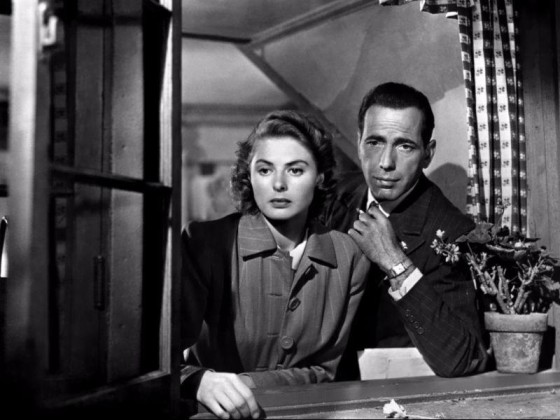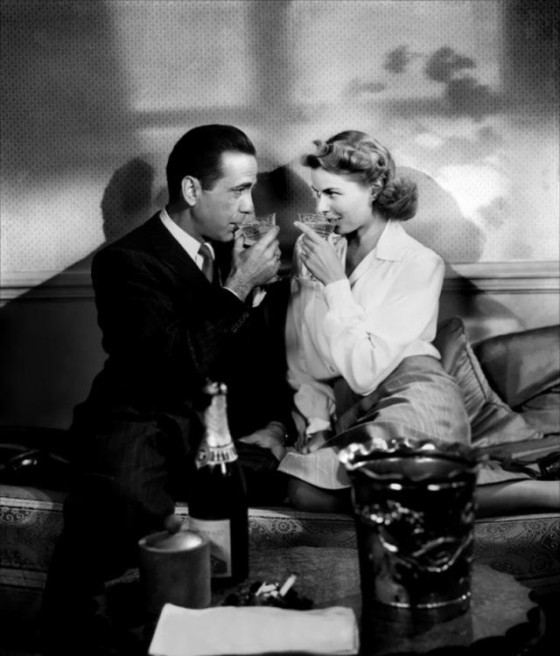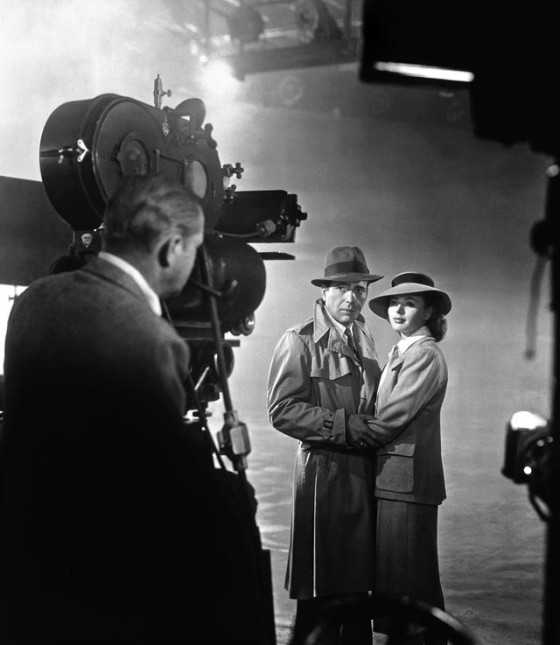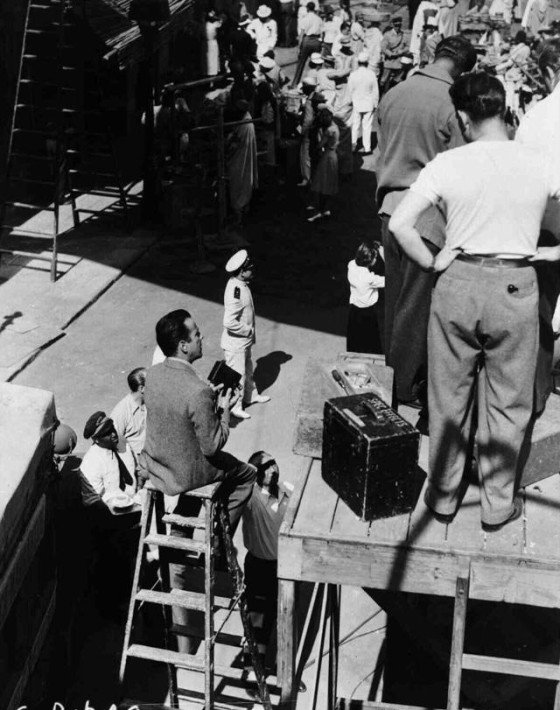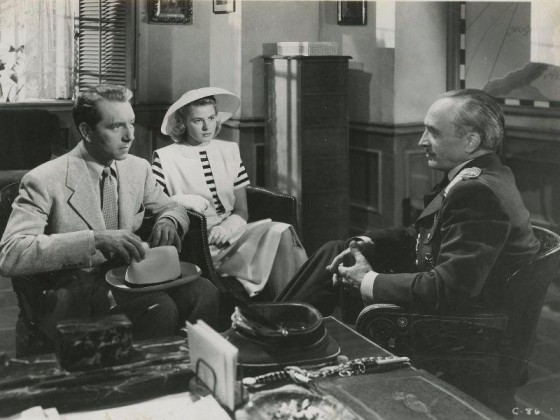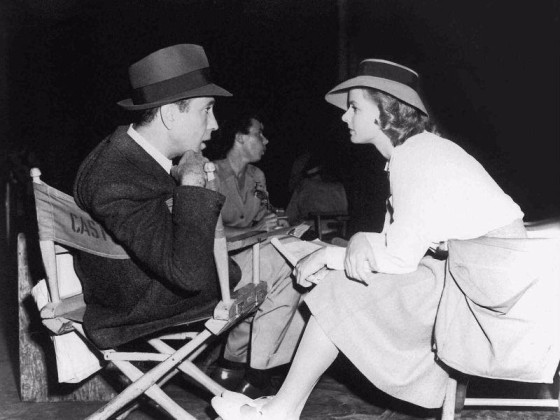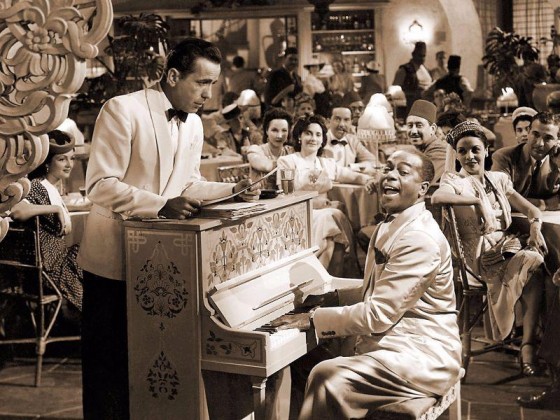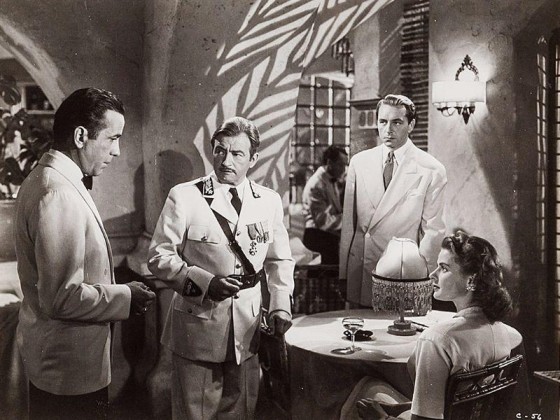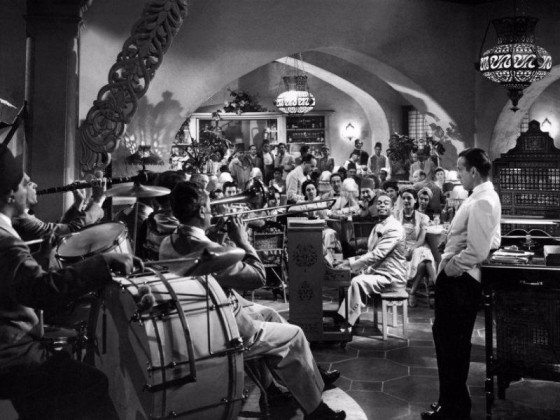Warner Bros. story editor Irene Diamond convinced producer Hal B. Wallis to purchase the film rights to the play in January 1942. Brothers Julius and Philip G. Epstein were initially assigned to write the script. However, despite studioresistance, they left to work on Frank Capra's Why We Fight series early in 1942. Howard Koch was assigned to the screenplay until theEpsteins returned a month later. Principal photography began on May 25, 1942, ending on August 3; the film was shot entirely at Warner Bros. Studios in Burbank, Californiawith the exception of one sequence at Van Nuys Airport in Van Nuys, Los Angeles.
Although Casablanca was an A-list film with established stars and first-rate writers, no one involved with its production expected it to stand out among the hundreds of pictures produced by Hollywood yearly. Casablanca was rushed into releaseto take advantage of the publicity from the Allied invasion of North Africa a few weeks earlier. It had its world premiere on November 26, 1942, in New York City and was released nationally in the United States on January 23, 1943. The film was a solid ifunspectacular success in its initial run.
Exceeding expectations, Casablanca went on to win the Academy Award for Best Picture, whileCurtiz was selected as Best Director and the Epsteins and Koch were honored for Best Adapted Screenplay. Its reputation has gradually grown, to the point that its lead characters, memorable lines, and pervasive theme song have all become iconic, and it consistently ranksnear the top of lists of the greatest films in history. In 1989, the United States Library of Congress selected the film as one of the first for preservation in the National Film Registry for being "culturally, historically, or aesthetically significant".
In the decades since its production, the film has grown in popularity. Murray Burnett called it "true yesterday, true today, true tomorrow."



